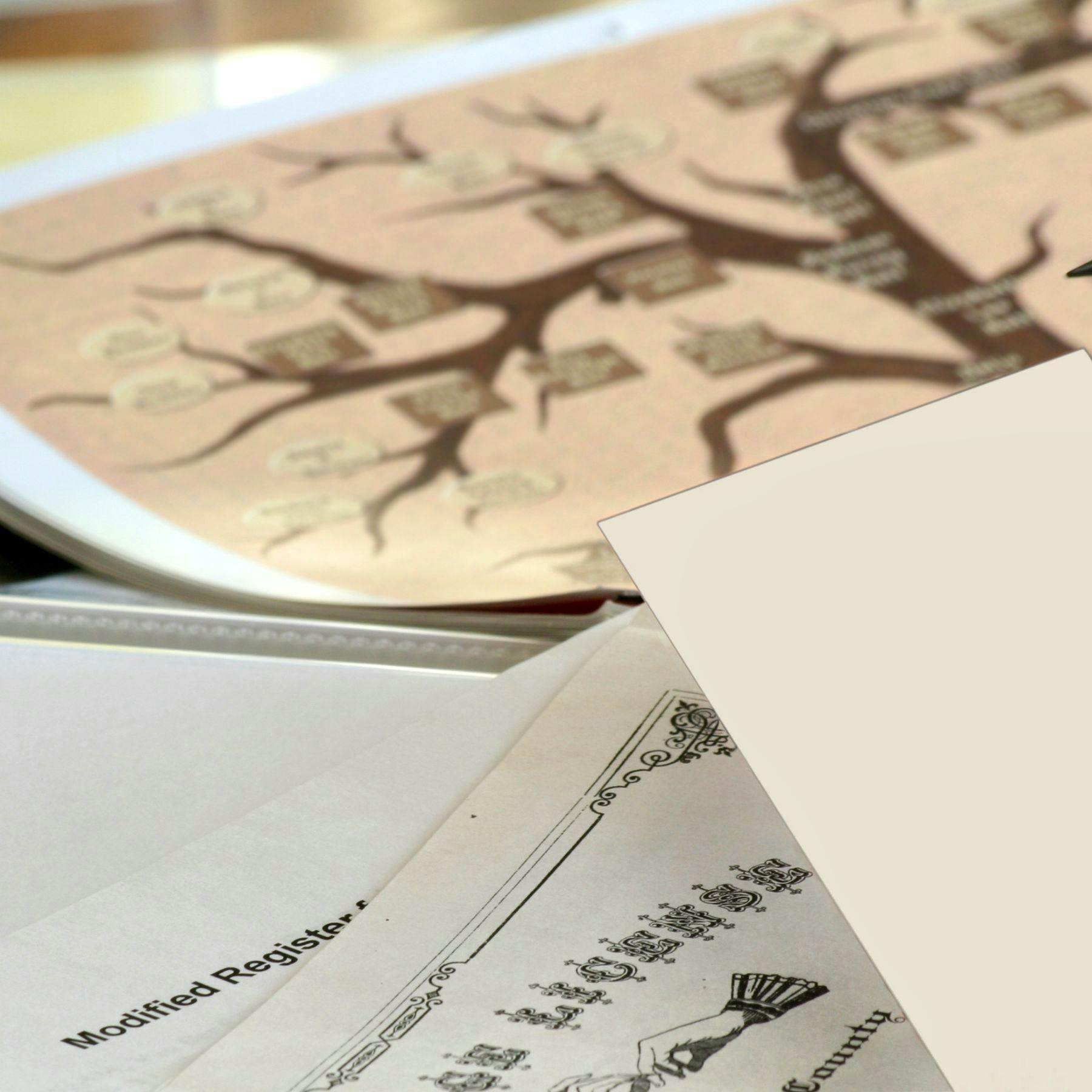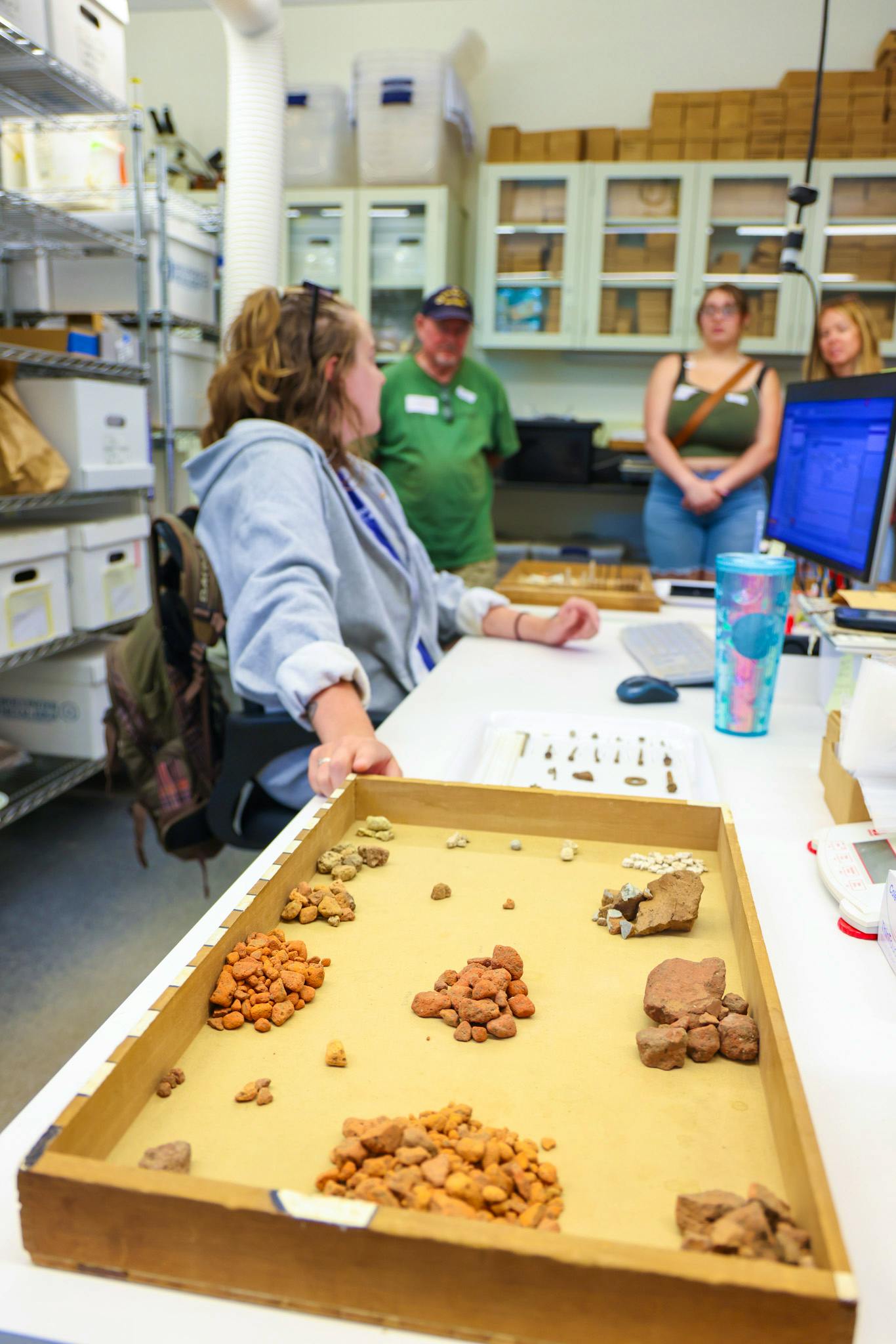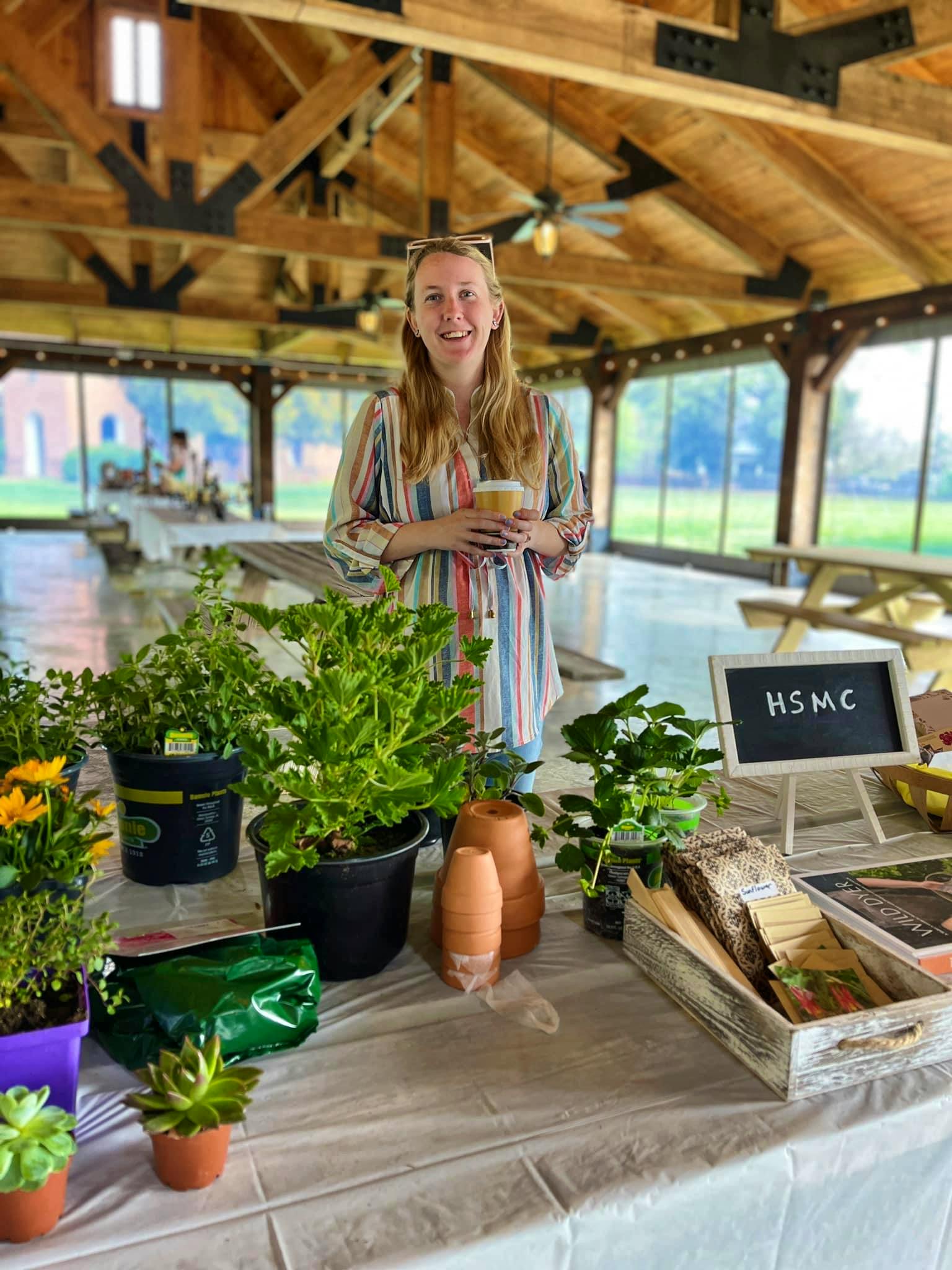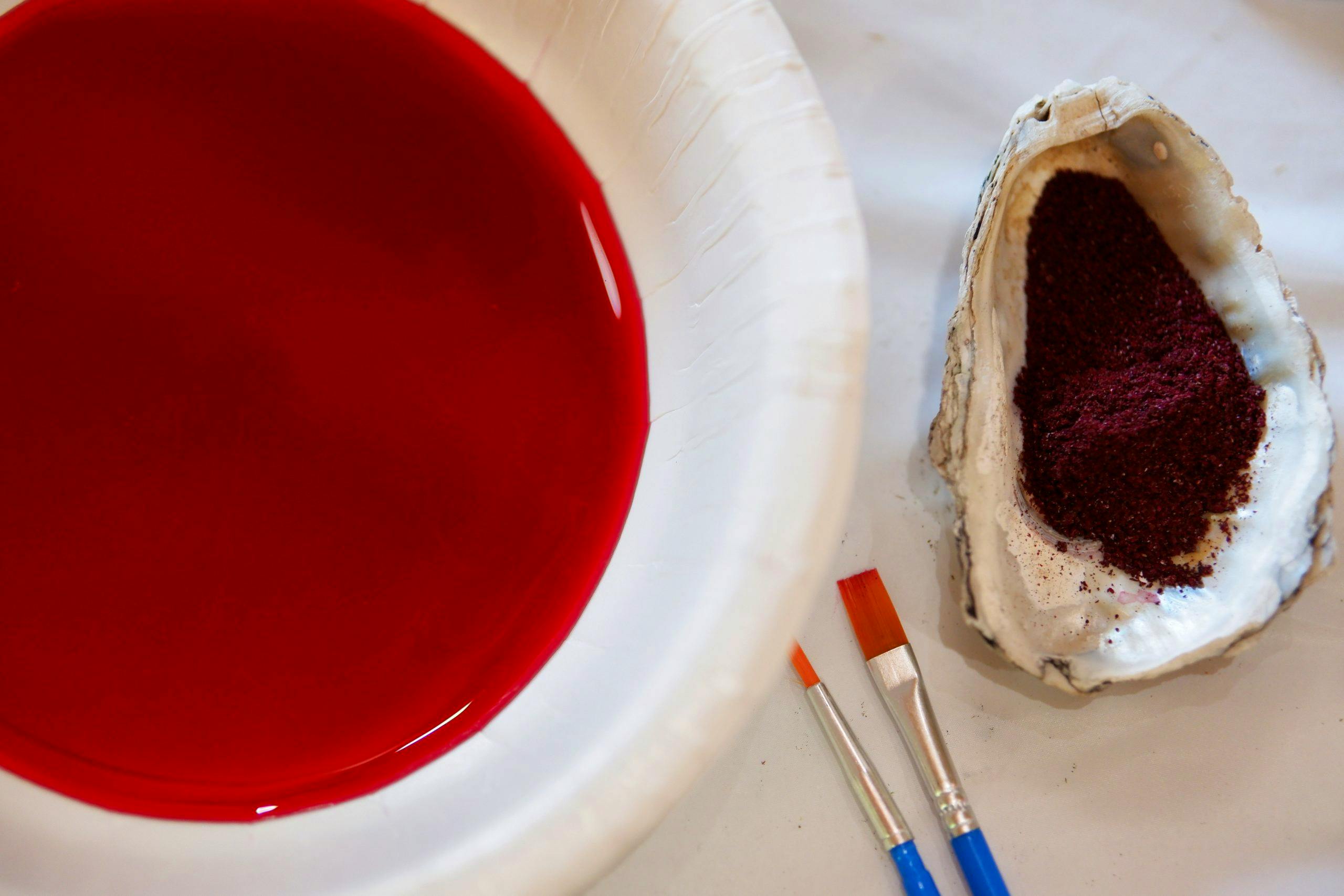The outdoor exhibits are closed for the winter and will re-open on March 18.
18751 Hogaboom Lane St. Mary's City , 20686
Thursday, October 17, 2024
7:00pm - 8:30pm
Lecture – The Significance of Colonizing Women
18751 Hogaboom Lane St. Mary's City , 20686
17 Oct 2024
- Overview
“To make the men more settled: the significance of colonizing women”
Speaker: Kathleen M. Brown
ABOUT THE LECTURE: This talk examines how settler women’s labor and reproductivity served as the core of colonial settler society, including its capacity to become a robust population and to disrupt and displace Native peoples. Early in Jamestown’s history, English women were recruited to ensure the “settled”; nature of the heavily male and sparsely populated fort. Their labor, their availability as wives, and their reproductive capacity were all clearly understood by Virginia Company officials as crucial to the success of the settlement. It would seem that no colonial settler society could sustain a robust presence without exploiting English women’s own desires to form their own households and families. Examining the nature of that presence closely, English women appear to have secured both the Englishness of the settlement and the colonial claims of investors to turn the territory into property. In making the men more settled, English women served as a crucial factor in the disruption and displacement of the Powhatan people. Less obvious but nonetheless significant, the presence of English women shaped Virginia’s emerging plantation the economy in ways that led to the trafficking of Afro-Caribbean and African women and the first colonial legal articulation of the principle of maternal inheritance for the status of the enslaved.
ABOUT THE SPEAKER:
Kathleen M. Brown is the David Boies Professor of History at the University of Pennsylvania, where she is also a faculty affiliate of Africana Studies, the History and Sociology of Science, the Center for Research on Feminist, Queer, and Transgender Studies, and the lead faculty historian on the Penn & Slavery Project. Brown’s research focuses on intersectional questions of race, gender, sexuality, and labor in colonial North American, Atlantic, and early U.S. contexts. She is the author of three prize-winning books, Good Wives, Nasty Wenches, and Anxious Patriarchs: Gender, Race and Power in Colonial Virginia (1996), Foul Bodies: Cleanliness in Early America (2009) and her most recent book, Undoing Slavery: Bodies, Race, and Rights in the Age of Abolition (February 2023, University of Pennsylvania Press), which considers how the campaign to end slavery entangled activists in a complex process of undoing longstanding practices and habits of the body central to that institution. She has begun work on a project comparing the impact of white women in settler colonial spaces.
Related Events
Little Explorers – Maryland Day
Margaret Brent PavilionWed, Mar 26, 2025
10:00 AM - 11:00 AM
Events, Workshops
Homeschool Wednesday Workshops – Spring 2025
Historic St. Mary's CityWed, Apr 9, 2025
10:00 AM - 02:30 PM
Events, Workshops
Spring Break – Breakfast with the Animals
Godiah Spray Tobacco PlantationTue, Apr 15, 2025
10:30 AM - 11:30 AM
Events
Spring Break – Self-Guided Scavenger Hunt
Historic St. Mary's CityWed, Apr 16, 2025
10:00 AM - 04:00 PM
Events
Spring Break – Fire Making Workshop
Godiah Spray Tobacco PlantationFri, Apr 18, 2025
10:30 AM - 12:30 PM
Events, Workshops
Member Event – Key Swamp Trail Adventure
Visitor CenterTue, May 6, 2025
04:30 PM - 06:30 PM
Events, Members
Breakfast with the Animals
Godiah Spray Tobacco PlantationSat, May 17, 2025
10:30 AM - 11:30 AM
Events
Members Event – Join the Bluebird Movement!
Visitor CenterMon, Jun 2, 2025
04:30 PM - 06:30 PM
Members
Vampire Manor
(Reconstructed) State House of 1676Fri, Oct 17, 2025
07:00 PM - 10:00 PM
Events, Fundraiser

















